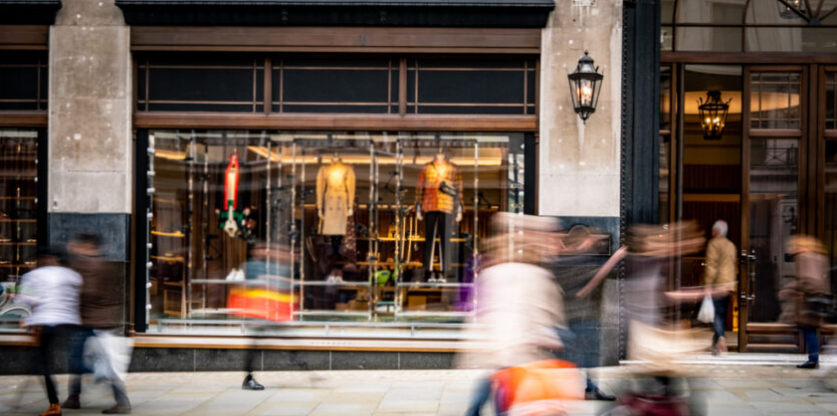UK consumer confidence has plunged to its lowest level since the height of the cost-of-living crisis in December 2022, as households face mounting financial pressure from global instability and domestic policy changes, according to new figures released by consumer watchdog Which?.
The latest Which? Consumer Insight Tracker shows a steep seven-point decline in overall consumer confidence, falling to –53 in April. This marks the weakest sentiment recorded since the final months of 2022, when surging inflation and energy bills gripped households across the country.
The sharp drop reflects growing concern over both the national economy and personal finances. Nearly two-thirds (64%) of respondents believe the economy will worsen over the next 12 months, while only 11% expressed hope for improvement.
Global developments appear to be playing a significant role in the decline. Among those surveyed, 67% cited the war in Ukraine and U.S. President Donald Trump’s new wave of tariffs as key contributors to their economic pessimism. Domestically, 63% pointed to rising prices and 60% to recent government tax changes as adding to financial strain.
Household finances have also taken a hit. Confidence in future household finances fell by 10 points to –19 — the lowest since July 2023 — while confidence in current finances slipped by six points to +21. The figures suggest a broad-based deterioration in consumer sentiment as the cost of essentials remains elevated.
According to Which?, around 1.9 million UK households missed at least one essential payment in April. Missed rent payments reached 4.7%, underlining the growing pressure on tenants. Meanwhile, an estimated 46% of households — around 13 million — were forced to make financial adjustments to meet basic needs such as energy, housing, groceries, and healthcare. These measures included cutting back on essentials, using savings, selling possessions, or taking on debt.
Rocio Concha, director of policy and advocacy at Which?, called on the government to bolster consumer protections in light of the deteriorating outlook.
“Consumer protections give people the confidence to spend,” she said. “Whether it’s rooting out online fraudsters, taking down rogue traders or tackling misleading business practices, the government must do more to place consumers at the heart of its plans to grow the economy.”
Economists warn that with Trump’s tariffs threatening to raise prices on imported goods and disrupt global supply chains, the situation could worsen. The International Monetary Fund has already downgraded its UK growth forecast for 2025, while the Office for Budget Responsibility cautioned that a deepening global trade war could cost the UK tens of billions in lost output.
With household budgets already stretched, restoring consumer confidence may prove just as critical to economic recovery as any fiscal or monetary intervention. For now, the outlook remains bleak as both international uncertainty and domestic policy weigh heavily on UK households.

